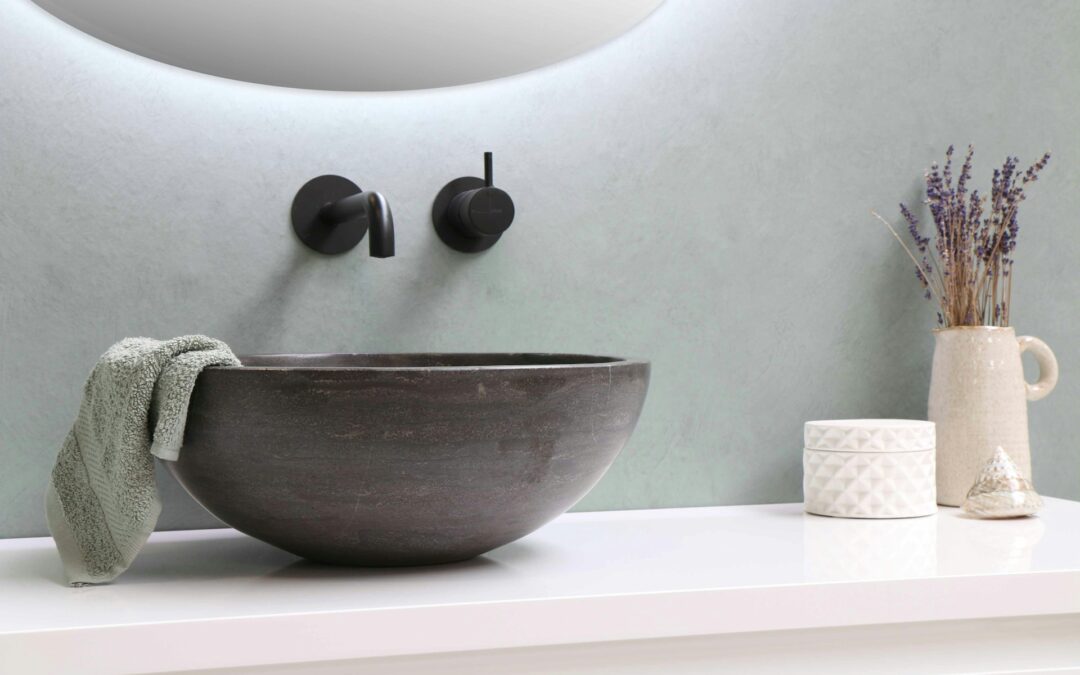Imagine waking up to find your bathroom sink filled to the brim, refusing to drain. It’s a common annoyance that many face from time to time. Recurring bathroom sink blockages can be a real headache, disrupting daily routines and sometimes leading to costly repairs if left unaddressed. Understanding why these blockages happen can help in preventing them and ensuring your sink stays in top shape.
The science behind what causes these blockages is more interesting than you might think. Various factors contribute to frequent clogs, and knowing how they work will empower you to handle them better. Whether you’re dealing with a slow drain now or trying to avoid issues in the future, exploring the reasons behind these blockages can make a difference.
Common Causes of Bathroom Sink Blockages
It’s not just bad luck if your sink clogs up often. Several culprits are usually at play, and knowing them can help you avoid future trouble. Here are some common causes:
- Hair Buildup: Every day, tiny strands of hair slip down the sink as you wash or style. Over time, these strands collect in the drain, weaving a dense mat that slows or blocks the flow of water. Think of it like a natural net that catches everything else trying to pass through.
- Soap Scum: As our water mixes with soap, a sticky residue forms, called soap scum. This substance clings to the sides of your pipes, catching hair or other small materials trying to escape. It acts like a glue that builds up, making it harder for water to pass smoothly.
- Foreign Objects: We all drop things now and then. Small items like toothpaste caps, earrings, or even bits of packaging can disappear down the drain without us noticing. These items can act like barricades within the pipes, stopping water in its tracks.
While each situation might differ slightly, these are the repeat offenders when it comes to bathroom sink clogs. By recognizing these causes, you can take small steps to prevent them and keep your plumbing in good order. Regular cleanouts or small traps placed in the drain can work wonders in minimizing these issues.
The Role of Pipe Materials
When it comes to recurring sink blockages, the type of pipe material in your home plays a surprising part. Older homes might have pipes made from materials that are more prone to causing clogs. For instance, older metal pipes can corrode over time, becoming rough on the inside. This rough surface makes it easy for soap scum and hair to stick, leading to frequent blockages. Think of it like an old, worn-out sweater that gathers lint and fuzz the more you wear it.
On the flip side, modern plumbing materials like PVC have a smoother interior surface that reduces blockage formation. These newer materials help water and waste glide through more efficiently, reducing the chance of clogging. Upgrading to newer pipes can be a wise investment, especially if you’re dealing with frequent clogs that seem unending.
Environmental Factors
The environment around your home can also affect sink plumbing. Water hardness, for one, differs by region and can impact how often your bathroom sink clogs. Hard water is loaded with minerals like calcium and magnesium. As water flows through pipes, these minerals can deposit a chalky scale that narrows the pipe opening over time, adding to blockage woes.
Moreover, external factors like tree roots can wreak havoc on plumbing. Trees seek out moisture, and their roots can wrap around or even invade underground pipes. When a root penetrates a pipe, it creates a barrier that can curb the smooth flow of water out of your home. Soil conditions also play a part, as shifting soil can strain and alter the alignment of plumbing systems, leading to potential blockages.
Effective Prevention and Maintenance Strategies
Taking care of your bathroom sink and preventing blockages requires a few proactive steps. Here are some straightforward strategies to keep things running smoothly:
1. Regular Cleaning: Clean your sink drains regularly with a simple, non-corrosive cleaner to keep them clear of buildup.
2. Strainers: Use a mesh strainer over the drain to catch hair and larger debris. These cost little but can stop big problems before they start.
3. Mindful Use: Be conscious of what goes down your drain. Items like toothpaste caps or small jewelry can easily cause a blockage if accidentally washed away.
4. Professional Checkups: Schedule regular inspections. A pro can spot potential problems before they become major issues, saving you from future headaches.
Keeping Your Bathroom Sink Functioning Smoothly
Maintaining a clog-free bathroom sink might sound complex, but with a few tweaks, you can keep it running smoothly. Identifying the main causes of blockages like hair buildup, soap scum, foreign objects, and environmental factors allows you to fight back effectively. Pairing that knowledge with smart maintenance techniques ensures you’re not stuck with unexpected plumbing surprises.
Your bathroom sink is a significant part of your day-to-day life and deserves proper care. By incorporating these prevention methods, you can enjoy a trouble-free sink, making those morning routines a little easier to manage. Taking small steps toward proper maintenance creates a hassle-free experience and allows your sink to perform its best day in and day out.
To ensure your bathroom sink continues to function smoothly and to address any persistent plumbing issues before they turn into major problems, consider scheduling a professional inspection. At H.C. Edwards Plumbing, we specialize in bathroom sink plumbing and can help maintain your plumbing system in top condition. Whether you need routine maintenance or a thorough assessment of your pipes, our experts are ready to assist.

